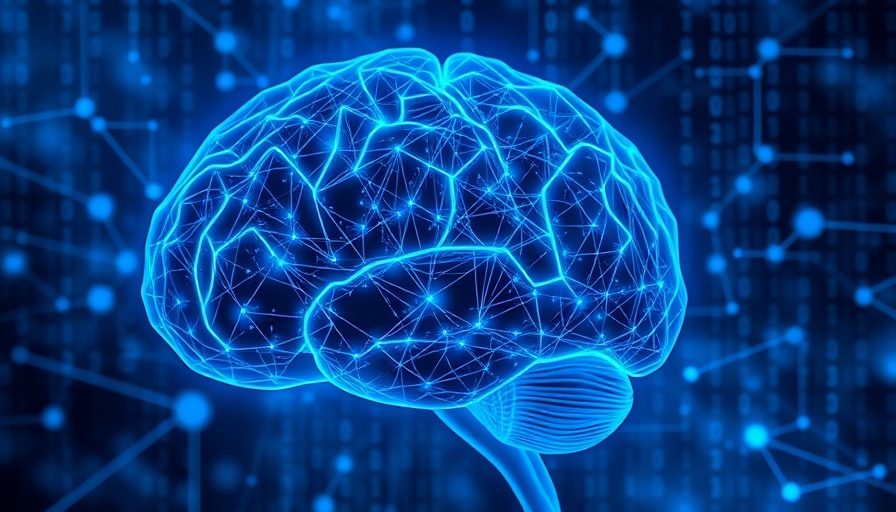
The Impact of AI on Israeli Jobs: A Clearer Picture
Artificial Intelligence (AI) is slowly making its mark on employment in Israel, but recent data suggests the effect may not be as drastic as many initially predicted. A survey released by Israel's Central Bureau of Statistics indicates that while 28% of Israeli businesses have started implementing AI over the last six months, the anticipated job cuts are considerably lower than previous projections.
Understanding the Numbers
According to the survey, conducted in June 2025, 9% of businesses reported that the integration of AI has had a direct impact on their workforce size. This figure is in stark contrast to alarming forecasts that suggested up to 50% of the labor force would face layoffs in a future dominated by automated technologies. Gilad Be’ery from the Israel Democracy Institute notes that while jobs are being lost, the reality reflects a more tempered impact than expected.
AI's Role Across Industries
The use of AI varies significantly across different sectors in Israel. Knowledge-intensive industries, particularly hi-tech, adopt AI at a rate that is three times higher than in traditional sectors like manufacturing and trade. This growing reliance on automation leads to efficiency and streamlined operations, underscoring the importance of AI within the creative and technical fields.
Routine versus Cognitive Tasks
The survey reveals that 60% of businesses employing AI utilize it for tasks once handled by human workers. Of these, a significant portion—44%—focuses on routine and technical tasks, while the remaining 16% involve more cognitive responsibilities. This distinction illustrates the dual nature of AI; while it can enhance productivity, there remains potential for human roles, especially in sectors that require critical thinking.
Community Response and Adaptation
As AI continues to influence job dynamics, communities are responding in various ways. Small businesses and local innovators are exploring how AI can augment their offerings rather than replace their workforce. For instance, local entrepreneurs are increasingly integrating AI tools to enhance customer service and manage inventory, which not only boosts efficiency but also encourages job creation in AI-adjacent roles.
Lessons from Global Contexts
Comparative data from the European Union reveals that 30% of businesses across its member states have embraced AI, compared to Israel’s 28%. Germany, leading the charge with 44%, showcases both the challenges and opportunities Israel can learn from. This juxtaposition stresses the importance of adapting AI strategies that preserve and evolve the workforce rather than diminish it.
Moving Forward: Building a Sustainable Workforce
As we look to the future, it’s crucial to focus on adopting AI in ways that foster new job opportunities and reskill existing employees. This entails creating educational programs that marry technology with human oversight to prepare workers for a landscape increasingly complemented by AI. Initiatives that encourage collaboration between tech firms and educational institutions will be pivotal in mitigating fears associated with job loss.
Conclusion
The current data on AI's impacts on jobs reiterates the necessity for grounded expectations and informed strategies. As communities continue to navigate this evolving landscape, understanding AI's role in workforce development can empower local businesses, ensuring that innovation translates into opportunity rather than displacement. By fostering positive change, we can embrace technology without sacrificing the human workforce that drives economies forward.
 Add Row
Add Row  Add
Add 




Write A Comment